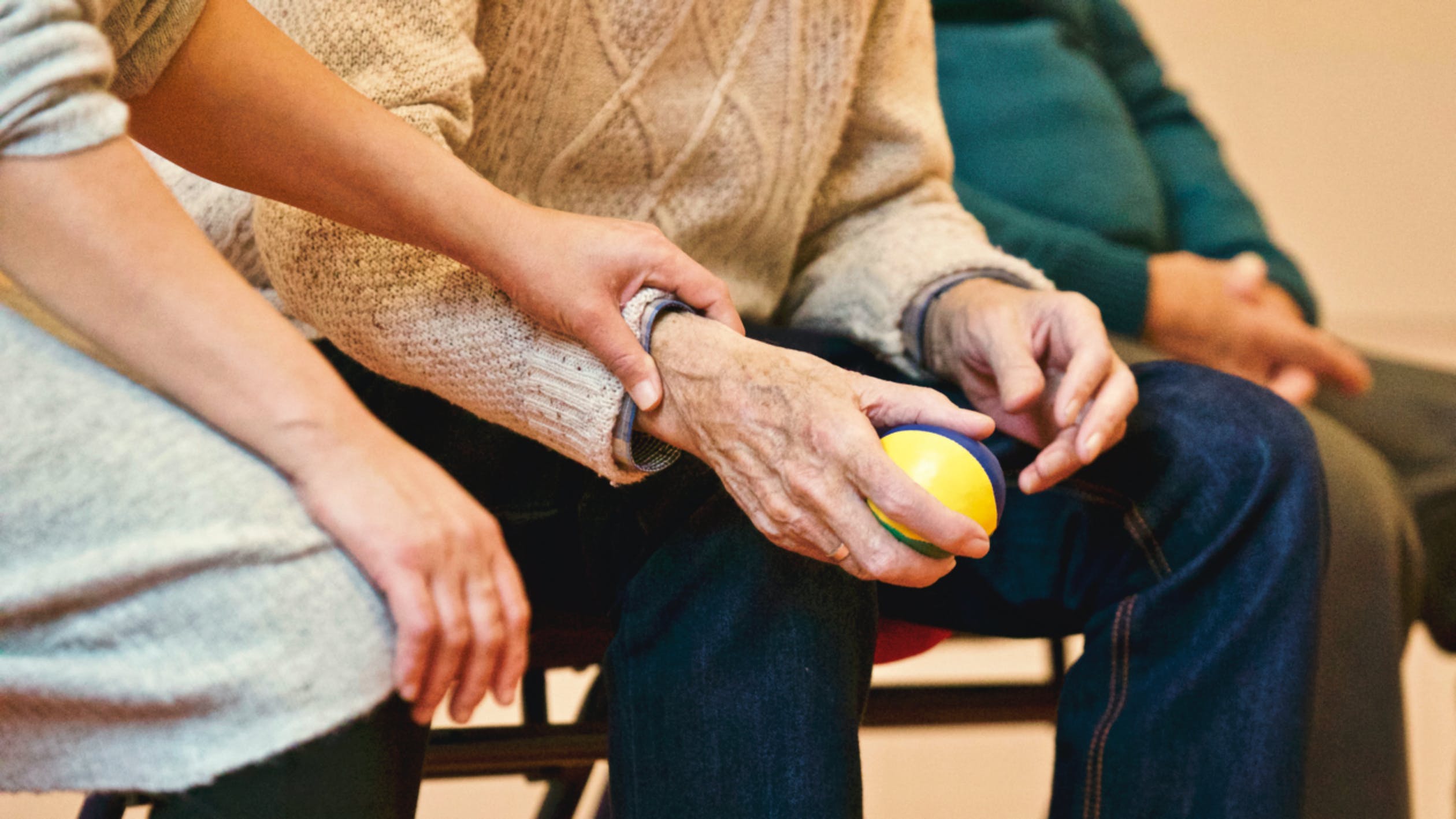Business
Supporting Nursing & Care Homes During The Pandemic
The current SARS-CoV-2 pandemic has taken a significant toll on the medical and healthcare sectors worldwide. The extended period of mass infections and lockdowns has stretched both human resources and equipment to breaking point.
For residents and patients in nursing and aged care facilities, this period has been particularly traumatic. It has placed a greater focus on the management and care of elderly, frail, and vulnerable residents and the additional support needed to see them through to the other side of the crisis.
Care homes and the Coronavirus
The nursing and aged care sector naturally bring with it a demand for support equipment to manage and provide the necessary comfort for aged care residents. Perhaps this could be referred to as ‘normal wear and tear’.
The added layer of a viral pandemic has meant additional pressures and demands placed on nursing staff and supporting plant and equipment. Equipment demand to manage increasingly bed-bound residents includes bed alarms, patient call systems, and very high risk airflow mattress assets.
Specialized care in the nursing home
With hospitals operating at capacity, greater pressure has been placed on care homes to provide in-house care for residents who might ordinarily be transferred to a hospital or hospice for treatment.
Nursing home equipment can generally cope with a range of minor medical conditions and emergencies and manage patients through a recuperation period, to minimize the need for referrals to a hospital.
Extraordinary circumstances during the global pandemic have resulted in an increased demand on the care homes themselves to manage an increasing number of residents with special care needs pending a possible transfer to hospital for specialized treatment.
Increased mental healthcare requirements
A large percentage of nursing home residents suffer from some level of dementia, and the effect of the pandemic on the general mental health of those residents is significant. Typically this has added a new layer of distress from a range of causative factors, including:
- Struggling to understand why family members and loved ones have not visited
- Confusion over ‘new rules’ which further isolate the resident from human contact – social distancing and the wearing of masks.
- Grief resulting from deaths around them and the loss of friends within the care facility.
- Fears over their own personal wellbeing.
The added mental stress and anxiety has resulted in an increased pressure on care home workers to provide increasing consolation and reassurance, notably in the absence of residents’ family members who would provide this natural support.
Equipment and physical support elements such as bed alarms and patient call systems streamline this increased need for individual attention and support. A good call system in itself also provides a greater level of reassurance and comfort to anxious residents.
Summary
Whilst shortages of items like personal protective equipment (PPE) and surgical gowns have been well documented; there is a deeper need that should be considered by businesses in the healthcare and nursing sector.
The importance of a good inventory of specialist equipment, supplies, and consumables cannot be underestimated.
Having the right equipment and supplies on hand, in the appropriate quantities, is an important element in both normal and emergency preparedness for aged care and nursing homes.












